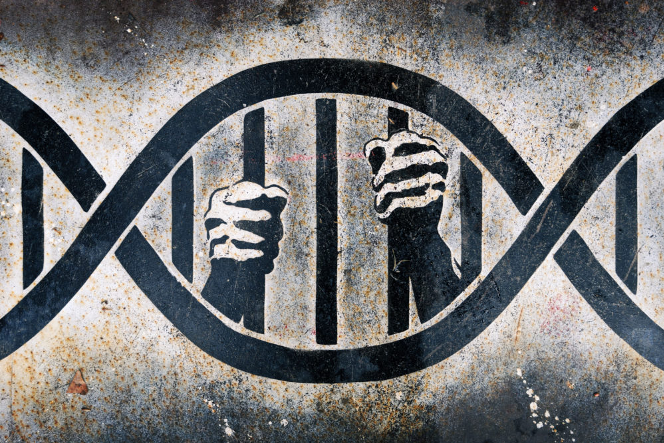
Supporting the Arts is TAXing: The Difficulty of Establishing Effective Arts Funding Schemes in Creative Cities
March 30, 2020Archives . Authors . Blog News . Certified Review . Feature . Feature Img . Issue Spotters . Notes . Policy/Contributor Blogs . Recent Stories . Student Blogs Article(Source) In the United States, the arts and culture industries are massive economic engines. In fact, the arts contribute $763.6 billion to the U.S. economy annually, which is more than both the agricultural and transportation industries. Furthermore, the arts drive job growth and promote cultural tourism in cities across the U.S. This data suggests that,

Marketing Meat Alternatives: Does Nomenclature Matter?
March 27, 2020Archives . Authors . Blog News . Certified Review . Feature . Feature Img . Issue Spotters . Notes . Policy/Contributor Blogs . Recent Stories . Student Blogs Article(Source) In 2018, the U.S. Food and Drug Administration (“FDA”) approved the Impossible Burger, one of the first plant-based meat alternatives of its kind. The Impossible Burger gained nation wide attention for its eerie resemblance to real meat – specifically it’s blood-like color and taste. While the Impossible Burger initially faced some backlash, it opened

What Gives?—A Look at Why Charitable Giving Among Individuals Is Declining
March 13, 2020Archives . Authors . Blog News . Certified Review . Feature . Feature Img . Issue Spotters . Notes . Policy/Contributor Blogs . Recent Stories . Student Blogs Article(Source) By many metrics, the quality of American life has much improved over the last decade. U.S. unemployment has reached roughly its lowest point in 50 years and wage growth for American workers reached a 10-year high in 2019. Additionally, notwithstanding the notable exception of recent market recoil due to escalating fears surrounding COVID-19,

Strictly Speaking: The Argument for Holding States Strictly Liable in Wrongful Conviction Suits
March 9, 2020Archives . Authors . Blog News . Certified Review . Feature . Feature Img . Issue Spotters . Notes . Policy/Contributor Blogs . Recent Stories . Student Blogs Article(Source) The wrongfully convicted are an oft overlooked demographic of the American population because society views wrongful convictions as rarely occurring. But in fact, the numbers are quite staggering. The number of people exonerated in the last 30 years due to actual innocence? 2,500. The combined number of years unnecessarily spent in prison? 22,315.

Ignoring Policy, History, and Humanity: ICE Continues to Deport Veterans
March 7, 2020Archives . Authors . Blog News . Certified Review . Feature . Feature Img . Issue Spotters . Notes . Policy/Contributor Blogs . Recent Stories . Student Blogs Article(Source) In November 2019, a group of non-citizen veterans of the United States Military (military) celebrated Veterans Day in Mexico. Many of these individuals enlisted in the military after President George W. Bush signed an executive order fast-tracking citizenship for individuals willing to serve. However, they never officially became citizens and continue to remain vulnerable

Do Not Access – Is Law Enforcement Access to Commercial DNA Databases a Substantial Privacy Concern?
March 3, 2020Archives . Authors . Blog News . Certified Review . Feature . Feature Img . Issue Spotters . Notes . Policy/Contributor Blogs . Recent Stories . Student Blogs Article(Source) The use of forensic genetic genealogy (FGG) as an investigative tool for law enforcement has become, “if not exactly routine, very much normalized.” The normalization is in large part due to law enforcement’s use of FGG to identify and arrest the Golden State Killer. The April 2018 arrest gained national recognition, and subsequently, so